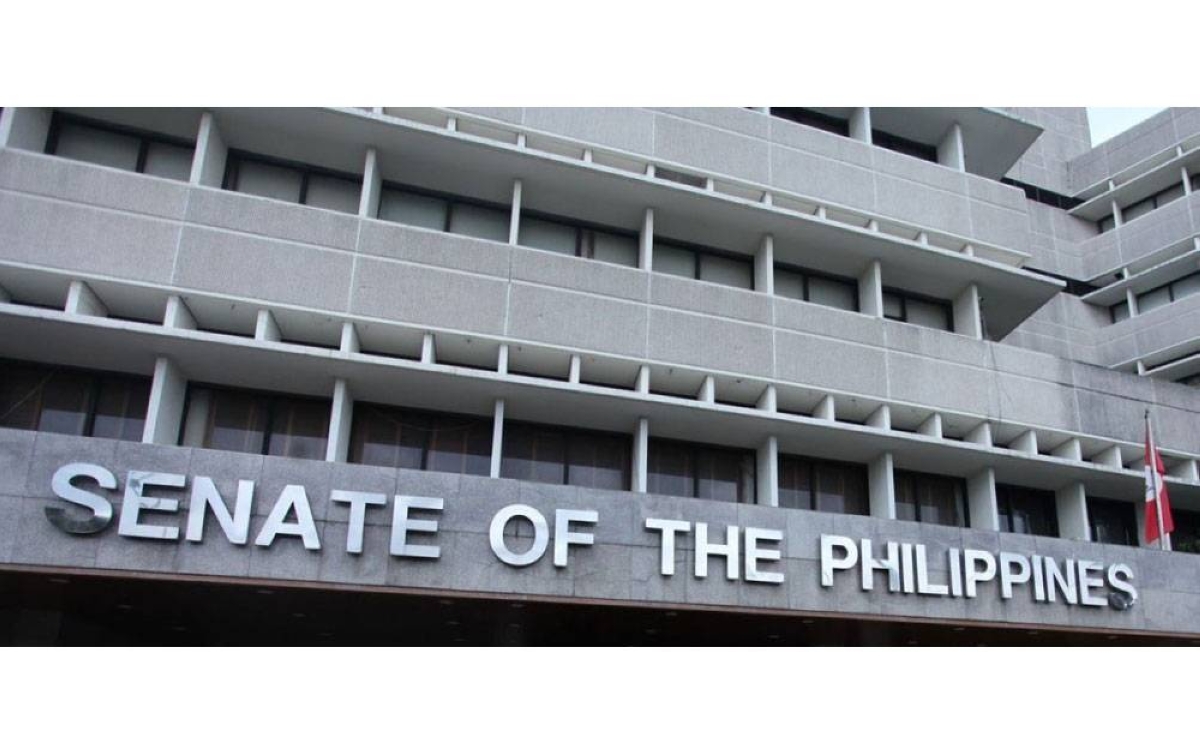
THE Senate will try to determine this week whether amending economic provisions of the Constitution would "guarantee" an increase in foreign investments.
The Senate Subcommittee on Resolution of Both Houses (RHB) 6, headed by Sen. Juan Edgardo "Sonny" Angara, will conduct on Monday its first hearing on RBH 6 proposing Charter amendments.
Angara said the subcommittee will focus on the contents of RBH 6 that was filed on January 5 by Senate President Juan Miguel "Migz" Zubiri, Senate Pro Tempore Lorna Regina "Loren" Legarda and Angara "so we can have a focused and limited discussion."
RBH 6 specifically aims to introduce amendments to Articles 12, 14 and 16 of the Constitution, which address pressing issues surrounding restrictions on foreign ownership of public utilities, educational institutions and the advertising industry. The amendments intend to strike a balance between safeguarding national interests and encouraging economic growth and innovation.
The House of Representatives, as communicated by Speaker Ferdinand Martin Romualdez in a letter to Zubiri, has vowed to support RBH 6, Angara said.
"We will invite a wide sector of society and the political spectrum to ensure healthy discussion and debate. No discussion of political amendments," he said.
The inquiry will discuss the "reactions of Filipino investors and local business community on the proposed [Charter] amendments."
It will also take up the effects of "increasing foreign ownership of basic educational institutions on the cost and quality of basic education in the country" and of "allowing foreigners on the board of basic educational institutions."
It will also determine the effects of "increasing foreign ownership of public utilities to the different sectors in the industry and the effects of increasing foreign ownership in the advertising industry to the local players."
The panel wants to know the "preparedness of local players in the advertising industry to compete with their foreign counterparts." And deliberate on "how the proposal can be used as a tool to generate jobs and investments."
The subcommittee said that in the present Charter's over 37 years in existence, "there have been several attempts to amend it with the earliest efforts dating back to the administration of former president Fidel Ramos."
The Constitution has gone through three reiterations.
The first Charter was adopted in 1935, when the country became a Commonwealth of the United States. The Constitution remained in effect until 1943 when it was temporarily suspended during World War 2 and restored in 1945.
In 1973, during the presidency of Ferdinand E. Marcos Sr., a new Constitution was ratified, establishing a presidential form of government.
The 1987 Constitution was ratified on Feb. 2, 1987, and promulgated during the presidency of Corazon Aquino.
Senate commitment
On Sunday, House Majority Leader Manuel Jose "Mannix" Dalipe reminded the Senate of its "commitment" to approve RBH 6 by March.
Dalipe said Zubiri had promised President Ferdinand Marcos Jr. that senators would pass the resolution before Congress goes on Holy Week recess on March 23.
"We hold them to this commitment, which was even reported in the media. The House is just waiting for the Senate to approve RBH No. 6 so we can quickly adopt it," he said.
"There is much anticipation and anxiety in the House on this RBH No. 6 because the House had been proposing Charter changes, principally on economic provisions, since the 8th Congress or for 35-36 years. So we expect Charter reform to take place this time, under the 19th Congress," Dalipe said.
"We in the House of Representatives believe that SP Zubiri will be true to his word and walk the talk in realizing his commitment to President Marcos to approve RBH No. 6 before the Holy Week break this year, which is by the end of March," House Deputy Speaker David "Jayjay" Suarez echoed Dalipe's reminder to the Senate.
"And on our part in the House, we will be waiting here and assure all stakeholders that we will immediately act on the Senate approval. We are just waiting for the delivery of Zubiri's promise," Suarez said.
He said the House has "deliberated exhaustively and passed all measures" on the Legislative-Executive Development Advisory Council's (Ledac) list and in the President's State of the Nation Address (SONA).
"We do not have back subjects; we do not have backlogs. We are raring to deliberate and amend the restrictive economic provisions of our Charter for the welfare of our countrymen," Suarez said.
"Aside from exercising our oversight functions, we will deliberate on pending measures in our chamber," he said.
Read The Rest at :








